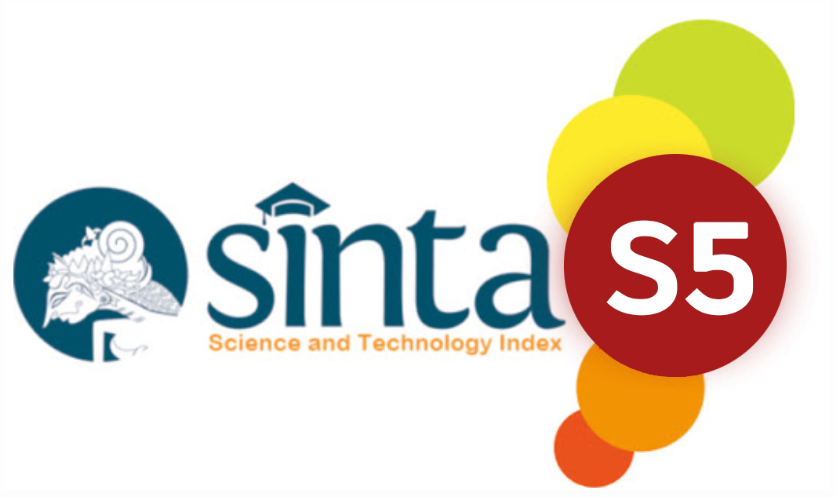A Study on Impact of Covid-19 on Job Performance & Job Satisfaction of Employees Engaged in WFH Culture
DOI:
https://doi.org/10.32734/sumej.v7i2.14646Keywords:
COVID-19, employee performance, job satisfaction, work from homeAbstract
Background: Coronavirus (COVID-19), which hit in early 2020, altered people's lives and livelihoods. Objective: The goal of this study was to fill in the gaps by looking into numerous possible determinants of job satisfaction and employee performance while working from home, such as work–life balance and work stress, as well as the influence of COVID-19. Methods: This study is descriptive design, a cross sectional study, the data is collected using primary methods that is widely accepted to measure the job satisfaction and employee performance during working from home. Results: Age of respondent was100% of the respondents belong to the category of the age group 18-30. Gender of the respondents -68.2% of the respondents were male while 31.8 % of the respondents belong to the female category. Occupation of the respondents - 86.4% of the respondents were students while 13.6% belong to the employed category. As the significance value that is .072 so it depicts that Covid-19 has a statistically 0.72 impact on Employee performance. Conclusion: Working from home might be a positive indicator in reaction to the collectivist environment.
Downloads
References
Feng Z, Savani K. Covid-19 created a gender gap in perceived work productivity and job satisfaction: implications for dual-career parents working from home. Sci-Hub. 2020. Available from: https://doi.org/10.1108/GM-07-2020-0202.
Rajkumar R. Work from home: A boon or bane in crisis situation due to COVID-19 pandemic. J Public Aff. 2020; e2419. Available from: https://doi.org/10.1002/pa.2419.
Irawanto D, Novianti K, Roz K. Work from home: Measuring satisfaction between work–life balance and work stress during the COVID-19 pandemic in Indonesia. Economies. 2021;9(3):96. Available from: https://doi.org/10.3390/economies9030096.
Purwanto A, Asbari M, Fahlevi M, Mufid A, Agistiawati E, Cahyono Y, Suryani P. Impact of Work From Home (WFH) on Indonesian Teachers' Performance During the Covid-19 Pandemic: An Exploratory Study. 2020.
Stangrecka H, Bagienska A. The role of employee relations in shaping job satisfaction as an element promoting positive mental health at work in the era of COVID-19. Int J Environ Res Public Health. 2021;18(4):1903. Available from: https://doi.org/10.3390/ijerph18041903.
Mustajab D, Bauw A, Rasyid A, Irawan A, Akbar M, Hamid M. Working from home phenomenon as an effort to prevent COVID-19 attacks and its impacts on work productivity. 2020.
Chanana N. The impact of COVID-19 pandemic on employees' organizational commitment and job satisfaction in reference to gender differences. J Public Aff. 2021. Available from: https://doi.org/10.1002/pa.2695.
Muttaqin G, Fajar T, Taqi M, Arifin M, Butanol. Job performance during COVID-19 pandemic: A study on Indonesian startup companies. 2020.
Zhiyu F, Savani K. Covid-19 created a gender gap in perceived work productivity and job satisfaction: implications for dual-career parents working from home. 2020.
Mustahab D, Bauw A, Rasyid A, Irawan A, Akbar MA, Hamid MA. Working from home phenomenon as an effort to prevent COVID-19 attacks and its impacts on work productivity. 2020.
Downloads
Published
How to Cite
Issue
Section
License
Copyright (c) 2024 Sumatera Medical Journal

This work is licensed under a Creative Commons Attribution-ShareAlike 4.0 International License.
The Authors submitting a manuscript do so on the understanding that if accepted for publication, copyright of the article shall be assigned to Sumatera Medical Journal (SUMEJ) and Faculty of Medicine as well as TALENTA Publisher Universitas Sumatera Utara as publisher of the journal.
Copyright encompasses exclusive rights to reproduce and deliver the article in all form and media. The reproduction of any part of this journal, its storage in databases and its transmission by any form or media, will be allowed only with a written permission from Sumatera Medical Journal (SUMEJ).
The Copyright Transfer Form can be downloaded here.
The copyright form should be signed originally and sent to the Editorial Office in the form of original mail or scanned document.











